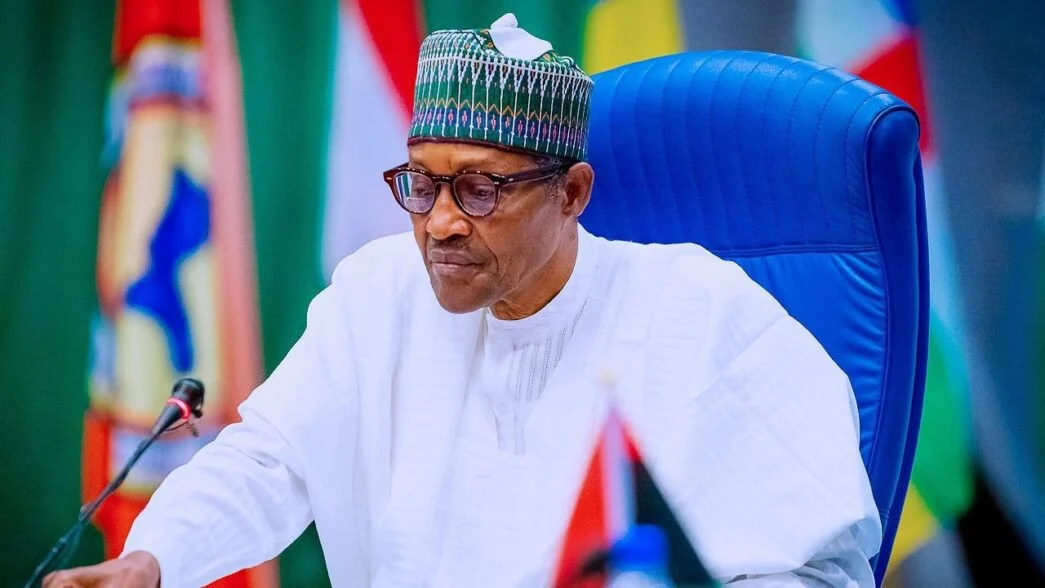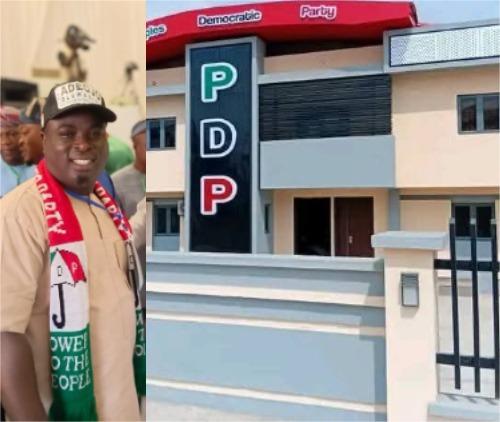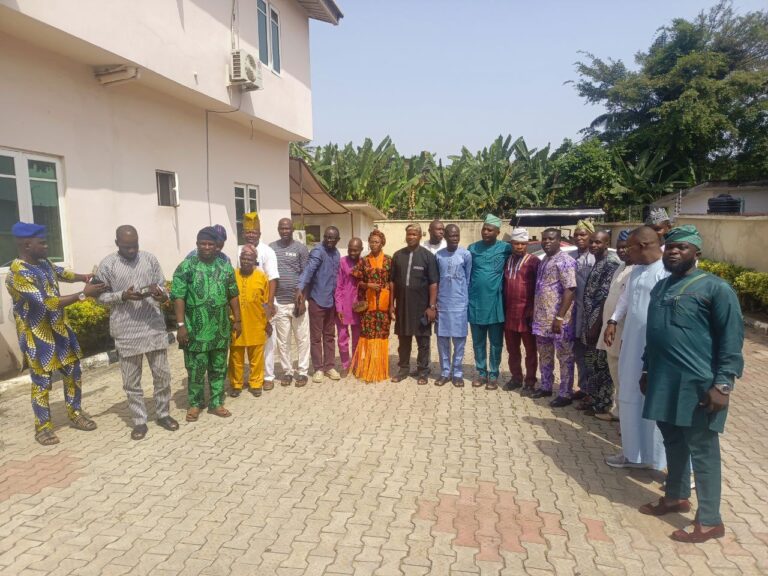
The Nigerian Senate has announced plans to hold a special tribute session on Wednesday, July 23, in honour of the late former President Muhammadu Buhari, who passed away on July 13 in London after a prolonged and undisclosed illness.
The decision to hold the session was disclosed by the Senate President, Godswill Akpabio, during plenary on Tuesday. According to Akpabio, the session will provide lawmakers with the opportunity to reflect on the life, leadership, and national contributions of the late president, who served Nigeria both as a military head of state and as a democratically elected leader.
“Tomorrow, the Senate will devote its sitting to pay tribute to former President Muhammadu Buhari. It will be a solemn session to reflect on his immense contributions to Nigeria’s political history and national development,” Akpabio said.
The session is expected to attract lawmakers across party lines and senior government officials who served under Buhari’s administration, as well as members of the diplomatic corps. It will follow in the footsteps of a similar special session held last week by the Federal Executive Council (FEC) in Abuja, presided over by President Bola Ahmed Tinubu.
During the FEC session on Thursday, President Tinubu described Buhari as a leader of quiet strength and unwavering patriotism, noting that he governed the country with restraint and honour.
“President Buhari bore the burdens of leadership with dignity and without complaint. He served with honesty and commitment to the Nigerian people, and his legacy will continue to shape our democratic journey,” Tinubu said.
A Life of Service: Buhari’s Political Journey
Muhammadu Buhari, a native of Daura in Katsina State, was a defining figure in Nigeria’s political and military history. Born in 1942, he first served as Military Head of State from 1983 to 1985 after seizing power in a coup d’état. He was ousted two years later but remained a vocal critic of corruption and governance failures in Nigeria.
After several attempts at returning to power through democratic means, Buhari was finally elected President in 2015 under the platform of the All Progressives Congress (APC), becoming the first opposition candidate in Nigeria’s history to defeat an incumbent. He was re-elected in 2019 and served until May 2023, when he handed over to President Bola Tinubu.
His presidency was marked by efforts to combat corruption, revamp infrastructure, and address the nation’s chronic security challenges. However, critics often pointed to economic downturns, rising debt, and concerns over human rights under his administration.
Following his death in London, Buhari’s body was flown back to Nigeria and interred in Daura, where a solemn burial ceremony was held. The funeral drew the attendance of senior political figures, traditional leaders, and international representatives, all paying their last respects to a man seen by many as a stoic nationalist and a principled leader.
Senate Denies Approval of New States Amid Viral Social Media Claims
In a separate development during Tuesday’s plenary, the Senate also addressed growing public confusion over reports suggesting that the upper chamber had approved the creation of new states in Nigeria.
The issue was raised by Senator Abdul Ningi, who expressed concern over widespread rumours on social media claiming that several new states had been approved by the legislature. According to him, the unverified reports had prompted communities across the country to begin holding meetings and making political arrangements in anticipation of state creation.
“Mr. President, I’m deeply concerned about the misinformation making the rounds. People are believing these fake reports and are now mobilizing as if new states have been constitutionally created,” Ningi said.
In response, Senate President Akpabio offered a firm clarification. He confirmed that while the Senate Committee on Constitution Review has received numerous proposals over 42 in total for the creation of new states, none of these proposals have advanced to the stage of legislative approval.
“Let me state clearly that we have not approved the creation of any new state. The process is rigorous, and not one of the proposals has met the full constitutional requirements,” Akpabio explained.
The creation of a new state in Nigeria is constitutionally demanding and involves several layers of approval, including the endorsement of two-thirds of state houses of assembly, referenda in the affected areas, and subsequent approval by the National Assembly. Akpabio stressed that none of these thresholds have been met in any of the ongoing proposals.
The Senate President warned the public against spreading false information and urged Nigerians to rely only on official communication from the National Assembly regarding constitutional matters.
As the Senate prepares to honour Muhammadu Buhari, lawmakers will also face increasing scrutiny over constitutional reforms, especially in a climate charged with calls for restructuring and greater federal equity. The twin developments from Tuesday’s session reflect both the nation’s desire to honour its leaders and the challenges of managing public expectations in a fast-moving digital information environment.
Wednesday’s tribute session is expected to mark a rare moment of bi-partisan unity in the Senate as the nation mourns one of its most consequential post-independence figures.






